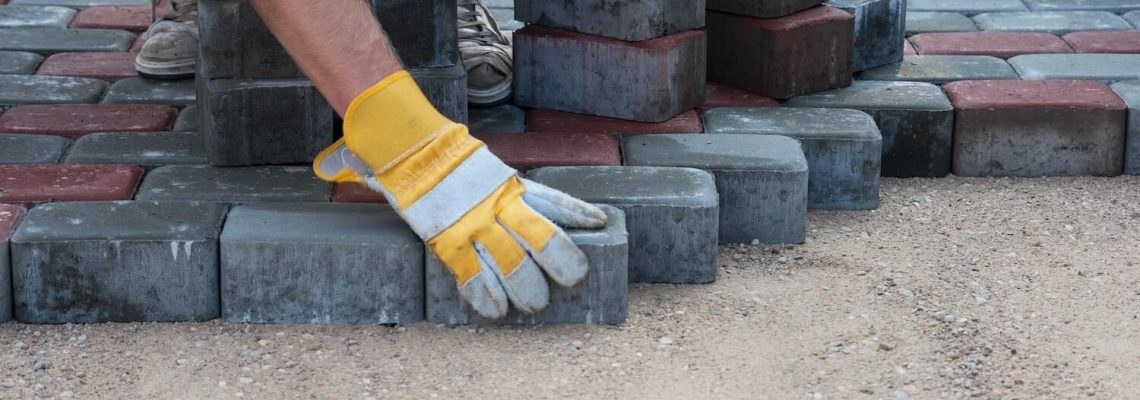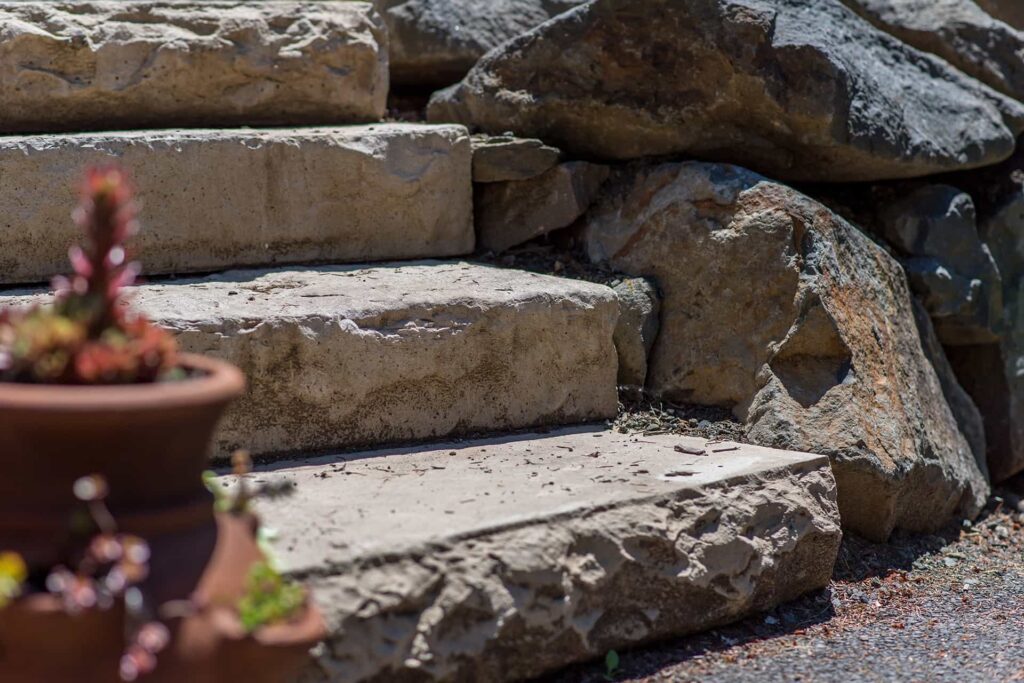Pavers are a popular choice for homeowners looking to enhance their outdoor spaces. Whether it’s a patio, driveway, or walkway, pavers offer durability, versatility, and aesthetic appeal. However, the cost of paver installation can vary widely depending on several factors. Understanding these factors can help homeowners budget effectively and make informed decisions when planning their paver projects.
In this article, we’ll explore five key factors that influence the cost of a quality paver installation project.
1. Type of Pavers
The type of pavers you choose has a significant impact on the overall cost of installation. Pavers come in various materials, including concrete, brick, natural stone, and porcelain. Each material varies in price, with concrete pavers generally being the most affordable option and natural stone pavers being the most expensive. The cost per square foot can range from as low as $3 for concrete pavers to $30 or more for high-end natural stone pavers. Additionally, the style and design of the pavers can also affect the cost. Basic, plain pavers are typically cheaper than intricate designs or custom shapes. Consider your budget and desired aesthetic when selecting the type of pavers for your project.
2. Size and Complexity of the Paver Project
The size and complexity of the paver installation project play a significant role in determining the overall cost. Larger projects, such as driveways or expansive patios, will naturally require more materials and labor, resulting in higher costs. Similarly, projects that involve intricate designs, patterns, or curves will require more time and expertise from the installation crew, thus increasing the overall cost.Additionally, factors such as site preparation, excavation, and grading can also impact the cost of the project. If the area requires extensive excavation or grading to create a level surface for the pavers, the cost will be higher compared to a project on a flat, easily accessible site.
3. Paver Installation Labor Costs
Labor costs are a significant component of paver installation and can vary depending on location, experience level of the contractors, and the complexity of the project. Experienced contractors with a track record of quality work may charge higher rates for their services. Additionally, labor costs may also include expenses such as equipment rental, insurance, and overhead.It’s essential to obtain multiple quotes from reputable contractors and compare their pricing structures and services offered. While it may be tempting to opt for the lowest bid, be cautious of unusually low prices, as they may indicate inexperienced or unreliable contractors who could end up costing more in the long run due to mistakes or delays.
4. Site Accessibility and Preparation
The accessibility of the site and the amount of preparation required can significantly impact the cost of paver installation. Sites that are difficult to access, such as those with limited entry points or steep terrain, may require additional labor and equipment to transport materials and complete the installation. Similarly, sites with poor drainage or soil conditions may require extra preparation, such as adding gravel or sand sub-base layers, to ensure proper stability and longevity of the pavers. Before beginning the installation process, it’s essential to assess the site carefully and address any potential challenges or obstacles that may affect the cost and timeline of the project. Proper site preparation is crucial for ensuring the success and durability of the paver installation.
5. Additional Paver Features and Finishes
Lastly, additional features and finishes can add to the overall cost of paver installation. This may include elements such as edging, borders, lighting, or sealing. While these features can enhance the aesthetic appeal and functionality of the paver project, they also come with additional costs.Edging and borders help define the perimeter of the paved area and can range from simple plastic or metal options to more decorative stone or brick edging. Similarly, incorporating lighting features, such as pathway lights or accent lighting, can add ambiance and safety to the outdoor space but will require additional materials and labor for installation. Additionally, sealing the pavers with a protective sealant can help prolong their lifespan and enhance their appearance but will incur extra costs. When planning your paver project, consider whether these additional features are necessary or desired and factor them into your budget accordingly.
How to Find The Best Paver Installation Contractor Near You
- Ask for Recommendations: Start your search by asking friends, family, neighbors, or colleagues who have had paver installation projects done recently. Personal recommendations are valuable because they come from trusted sources who have firsthand experience with the contractor’s workmanship and professionalism.
- Check Online Reviews: Utilize online review platforms such as Google, Yelp, or Angie’s List to research paver installation contractors in your area. Pay attention to both the quantity and quality of reviews, and look for patterns in feedback regarding reliability, communication, craftsmanship, and overall satisfaction.
- Verify Credentials: Ensure that the contractor you’re considering is properly licensed, bonded, and insured. A reputable contractor should be able to provide proof of their credentials upon request. Licensing requirements vary by state, so check with your local licensing board to confirm that the contractor is in good standing.
- Review Portfolios: Ask potential contractors for examples of their past work or portfolios showcasing completed paver installation projects. This will give you a sense of their style, craftsmanship, and attention to detail. Look for projects that are similar in scope and complexity to yours to assess their suitability for the job.
- Request References: Request references from past clients and follow up with them to inquire about their experience working with the contractor. Ask about the quality of work, adherence to budget and timeline, professionalism, and any issues encountered during the project. A reliable contractor should be able to provide multiple references without hesitation.
- Get Multiple Quotes: Obtain quotes from at least three different contractors to compare pricing, services offered, and project timelines. Be wary of unusually low or high bids, as they may indicate inexperienced contractors or hidden costs. Look for detailed, itemized quotes that outline the scope of work and materials to be used.
- Ask About Warranty and Guarantee: Inquire about the contractor’s warranty or guarantee on their workmanship and materials. A reputable contractor should stand behind their work and offer a warranty that covers any defects or issues that may arise after the project is completed. Be sure to get the warranty terms in writing for your records.
- Communicate Clearly: During the initial consultation, communicate your expectations, preferences, and budget constraints clearly with the contractor. Pay attention to their responsiveness, attentiveness, and willingness to address your concerns or answer any questions you may have. Effective communication is key to a successful working relationship.
- Consider Experience and Expertise: Choose a contractor with extensive experience and expertise in paver installation. Look for certifications, memberships in professional organizations, or participation in ongoing training and education programs. Experienced contractors are better equipped to handle challenges, provide creative solutions, and deliver high-quality results.
- Trust Your Instincts: Ultimately, trust your instincts when selecting a paver installation contractor. Choose a contractor who makes you feel comfortable, confident, and valued as a client. Avoid contractors who pressure you into making rushed decisions or exhibit unprofessional behavior.
By following these tips and conducting thorough research, you can find the best paver installation contractor near you to bring your outdoor project to life. Remember to prioritize quality, reliability, and communication throughout the selection process to ensure a smooth and successful paver installation experience.
Paver Installation Elements Conclusion
In conclusion, several factors influence the cost of paver installation, including the type of pavers, size and complexity of the project, labor costs, site accessibility and preparation, and additional features and finishes. By understanding these factors and carefully planning your project, you can ensure a successful and cost-effective paver installation that enhances the beauty and functionality of your outdoor space. Remember to obtain multiple quotes from reputable contractors, prioritize proper site preparation, and consider all aspects of the project when budgeting for your paver installation.


